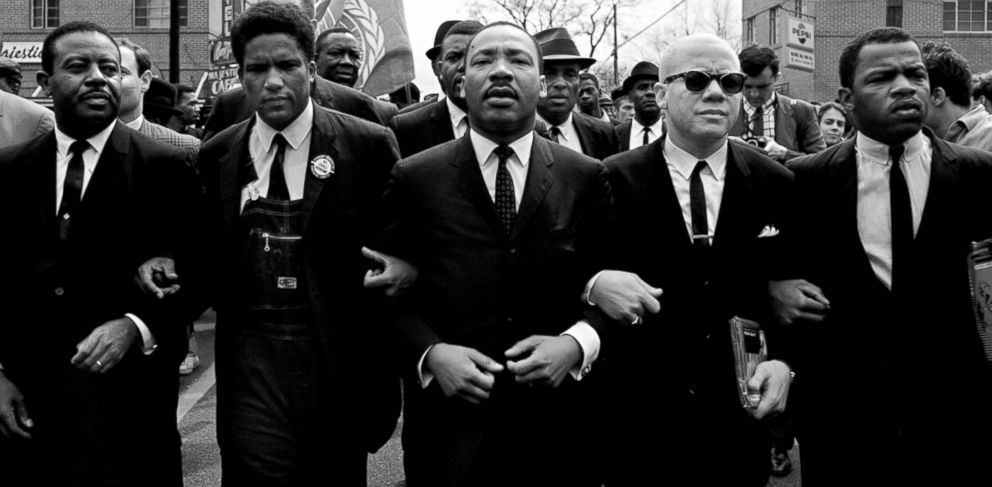In a world characterized by rapid globalization and bombarding technological advancements, individuals often find themselves grappling with a peculiar conundrum: Who are we? This existential quandary, deceptively simple yet profoundly intricate, forms the crux of the modern crisis of identity. The Bahá’í teachings offer invaluable insights that illuminate this issue, inviting adherents and inquirers alike to explore the multifaceted nature of identity against the backdrop of contemporary societal upheavals.
The Bahá’í Faith posits that true identity transcends mere labels or social constructs. Rather, it is posited to be an amalgam of spiritual attributes and social roles, deeply intertwined with the divine essence each individual possesses. The first challenge arises when we recognize how society often encourages a superficial understanding of identity, tethering it to nationality, ethnicity, or status. How then do we disentangle our essence from these transient markers in a world that thrives on categorization?
To comprehend the Bahá’í perspective on identity, we must first explore its foundational principle: the oneness of humanity. According to Bahá’í teachings, all individuals are part of a singular global family, endowed with intrinsic worth and dignity. This asserts that our identities are not fragmented across borders or demarcated by heritage; instead, they are unified within the broader scope of humankind. In embracing this principle, we ponder, what does it mean to be part of a rapidly diversifying world, where the interplay of cultures and beliefs is more pronounced than ever? Is it possible that this cultural syncretism can aid in enriching our understanding of self?
The complexity of modern identity is further compounded by technology’s omnipresence. In an age where digital selves proliferate—social media personas epitomizing curated versions of reality—the question looms larger: Are we authentic? The Bahá’í Faith teaches that genuine identity is rooted in virtues and character, rather than ephemeral trends or online validation. Thus, while technology can amplify narratives, it can also distort the essence of who we are. The challenge lies in discerning between the true self and the facades presented to the world. How do we navigate this dichotomy, maintaining our integrity amidst societal expectations?
Central to the exploration of identity is the notion of purpose. The Bahá’í teachings emphasize that recognizing one’s purpose is paramount to understanding oneself and one’s role within the global community. This creed posits that every individual is imbued with unique talents and capacities, intended to contribute to the collective well-being of humanity. This invites a vital inquiry: In what ways do we actualize our potential in the face of existential uncertainties? Do we dare to engage in self-reflection and discovery, even if discomfort arises?
Moreover, Bahá’í scripture emphasizes learning as an indispensable tool in our journey toward understanding. This learning is not merely academic; it encompasses emotional and spiritual growth. In an era rife with fake news and misinformation, the challenge is to cultivate discernment. How can we sharpen our intellectual faculties and embrace a comprehensive worldview that respects diverse perspectives while remaining anchored in our moral framework? In doing so, we can forge a secure sense of self that is resilient against the winds of change and propaganda.
Another cornerstone of the Bahá’í teachings lies in the transformative power of community. Identity, in this context, evolves through engagement with others. The communal aspect of the Bahá’í Faith posits that fellowship among individuals catalyzes personal growth and fosters vibrant identities. Herein lies a critical examination: In a world marked by isolation and division, how can we cultivate authentic connections that honor our shared humanity? This notion begs for a proactive approach, where mutual understanding supplants mere tolerance, and where dialogue opens avenues for reconciliation.
Additionally, the Bahá’í perspective advocates for an inclusive approach to identity that transcends binary constructs of gender, race, and nationality. In challenging entrenched societal norms, it calls for an evolving definition of both individual and collective identity, one that honors the complexities inherent in human existence. This invites a deeper reflection on how societies can dismantle prejudices and embrace a more holistic understanding of identity. By doing so, the Bahá’í teachings inherently challenge us to envisage a paradigm where unity does not subjugate individuality but rather celebrates that which makes each person unique.
As we navigate through the labyrinthine nature of identity in the 21st century, the Bahá’í teachings propel us towards a transformative understanding of self. Amidst external chaos and internal dissonance, they offer grounding principles that advocate for the reaffirmation of humanity’s inherent oneness, the pursuit of purpose, and the cultivation of authentic community. The ultimate challenge remains: how do we balance our individual narratives within the collective tapestry of human experience? In addressing this, we not only confront our current identity crisis but also embark on a path—however winding and fraught with uncertainty—towards genuine self-discovery and understanding.
In conclusion, the Bahá’í teachings illuminate the mosaic of identity, challenging us to perceive ourselves beyond the superficial confines of society’s definitions. They call for an exploration of purpose, the embrace of community, and a deep engagement with our spiritual essence. The journey of self-discovery, though often chaotic, ultimately leads to a reaffirmation of our shared humanity and the realization that, indeed, we are continuously in the process of becoming.
